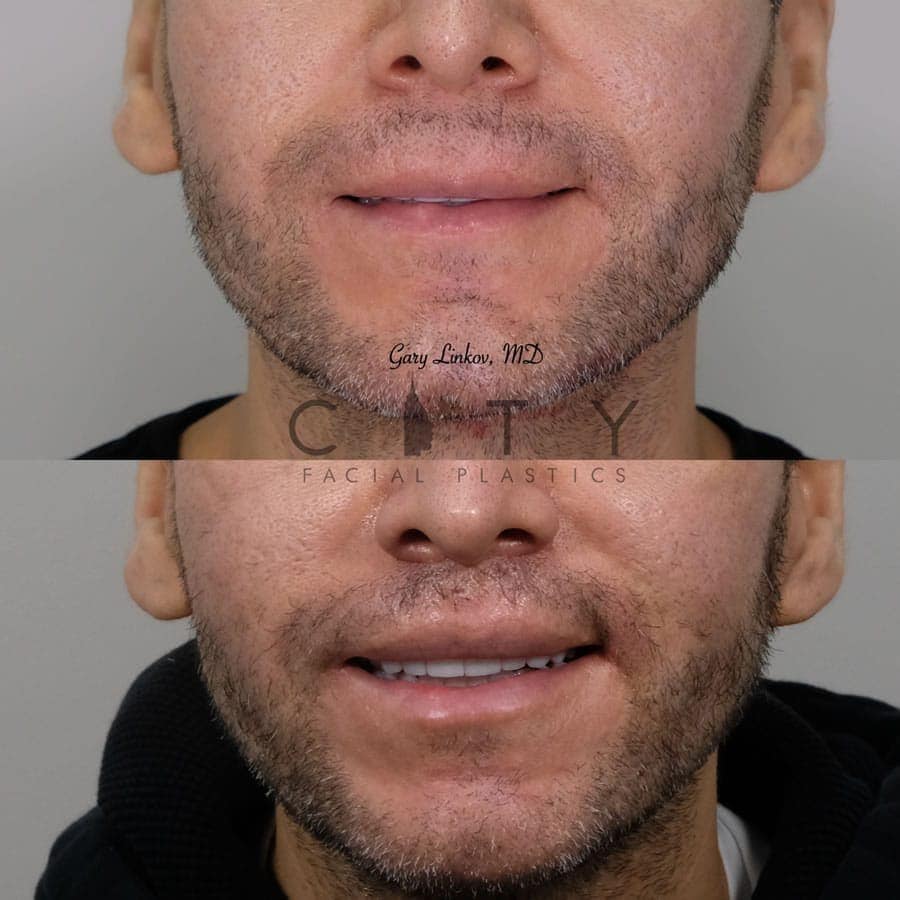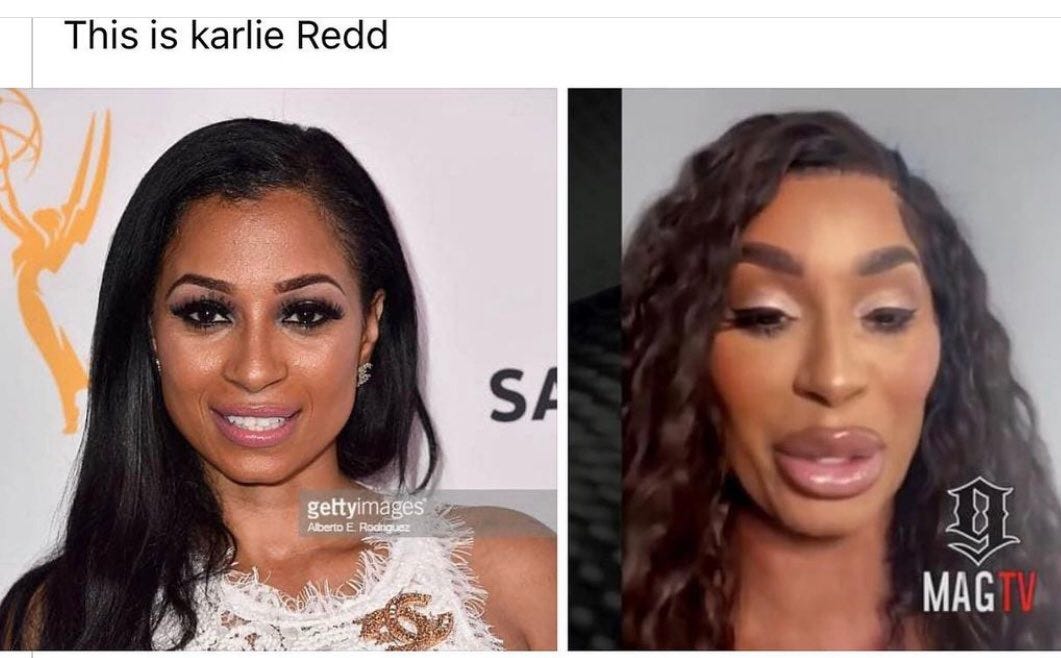Plastic Surgery Rancho Cucamonga: Boost Your Self-confidence with Customized Aesthetic Therapies
Plastic Surgery Rancho Cucamonga: Boost Your Self-confidence with Customized Aesthetic Therapies
Blog Article
Exploring the Psychological and Social Factors That Drive People to Think About Plastic Surgery as a Way of Renovation
The decision to seek cosmetic surgery commonly extends past simple aesthetics, linking with social and mental dynamics that merit extensive assessment. Factors such as self-worth, prevalent societal charm criteria, and the pervasive influence of social networks merge to form individual inspirations for medical improvement. As these impacts become progressively famous, understanding the underlying social and emotional contexts is essential. What continues to be to be explored is the profound effect these elements have not only on individual identity but also on more comprehensive social norms and values bordering elegance and acceptance.
The Duty of Self-confidence
Self-confidence considerably affects a person's decision to seek plastic surgery. Individuals with low self-confidence frequently regard themselves in a negative light, resulting in feelings of insufficiency regarding their physical appearance. This adverse self-perception can drive them to look for medical treatments as a technique of improving their self-image. The desire for improvement in one's look is regularly connected to a belief that such modifications will certainly boost their overall self-regard and self-confidence.

Eventually, the role of self-worth in the decision-making procedure relating to plastic surgery highlights the intricate interaction in between body image, personal complete satisfaction, and psychological health. Comprehending this connection is essential for healthcare specialists to ensure that clients are making informed decisions rooted in sensible expectations and emotional health.
Societal Elegance Requirements
Influenced by pervasive media representations and social stories, social charm standards play a critical duty in forming people' perceptions of their own bodies. These standards are frequently identified by an idyllic form of appeal that highlights attributes such as youthful vigor, slimness, and symmetry. As these suitables are bolstered via different networks, including television, movie, and advertising and marketing, individuals often internalize these messages, causing dissatisfaction with their all-natural look.
The implications of these societal norms prolong beyond aesthetic choices; they can affect self-esteem, psychological wellness, and interpersonal partnerships. People that regard themselves as disappointing these criteria may experience feelings of insufficiency, triggering a desire for cosmetic surgical treatment as a way of accomplishing social authorization. This quest is often fueled by the idea that adapting these ideals will boost not only physical appearance but additionally social standing and personal fulfillment.

Influence of Social Media Site
The effect of social appeal requirements is additional enhanced by the surge of social media sites platforms, where curated images and idealized depictions of beauty are ubiquitous. Individuals are regularly revealed to filtered and modified photos, which typically portray unattainable physical qualities. This direct exposure cultivates a society of comparison, leading individuals to examine their very own appearance against these commonly impractical standards.
Social media influencers and celebrities often advertise aesthetic treatments, normalizing the concept that surgical enhancements are a sensible ways for attaining social ideals (plastic surgery rancho cucamonga). The exposure of these enhancements can create a perception that going through plastic surgery is a common practice, therefore affecting people to take into consideration comparable treatments as a pathway to enhanced self-confidence and social acceptance
Additionally, the interactive nature of social networks permits instant responses with sort and remarks, better enhancing the wish to comply with preferred charm standards. Such interactions can exacerbate sensations of inadequacy and drive individuals toward cosmetic surgical procedure as a way of getting recognition. Eventually, social media sites plays an essential additional info role fit understandings of elegance, which dramatically impacts the decision-making procedures bordering cosmetic surgical treatment.

Social Viewpoints on Appearance
Throughout numerous societies, assumptions of appearance are deeply rooted in historic, social, and economic contexts, shaping individuals' sights on elegance and desirability. In many societies, look offers as a substantial pen of identification, affecting social status, professional chances, and personal partnerships. For example, in some cultures, light skin is commonly linked with wealth and advantage, while others might idealize darker skin tones as icons of stamina and credibility.
Furthermore, traditional charm requirements are frequently bolstered with social stories, media representations, and household influences, causing varying ideals across different areas (plastic surgery rancho cucamonga). In Western cultures, the emphasis on young people and physical conditioning often drives people towards cosmetic improvement, while in particular Eastern cultures, more refined adjustments lined up with conventional appearances might be favored
Globalization and the expansion of digital media have actually even more his response complicated these characteristics, producing a hybridization of appeal ideals that goes beyond geographical borders. As individuals increasingly navigate these cultural narratives, the pressure to satisfy certain appearance standards can cause the desire for plastic surgery, mirroring a complicated interplay of personal goals and social values. Understanding these social viewpoints is crucial in addressing the inspirations behind cosmetic surgical treatment factors to consider.
Mental Impacts of Plastic Surgery
Lots of people looking for cosmetic surgical treatment report experiencing profound emotional effects that can substantially modify their self-perception and psychological well-being - plastic surgery rancho cucamonga. The need for physical improvement often originates from underlying issues such as reduced self-esteem, body dysmorphic problem, or social stress pertaining to beauty criteria. For some, the prompt post-operative phase can cause a temporary boost in confidence and complete satisfaction with their look, promoting a sense of empowerment
Nevertheless, these positive feelings may not be sustaining. Research shows that while some people experience improved self-esteem, others might deal with intense stress and anxiety or depression if their expectations are not met. This disparity can occur from impractical ideals perpetuated by media representation and cultural narratives surrounding appeal.
Additionally, the emotional site here implications of plastic surgery extend past the individual. Relationships with family and buddies may be strained as social dynamics shift, causing feelings of seclusion or alienation. Inevitably, the psychological impacts of plastic surgery are multifaceted and complex, calling for cautious consideration by both possible individuals and medical care carriers to ensure enlightened decision-making and reasonable assumptions.
Verdict
In verdict, the decision to pursue cosmetic surgical procedure is considerably affected by a combination of self-worth issues, societal elegance criteria, and social point of views on look. The pervasive reach of social media even more aggravates these pressures, advertising unrealistic suitables that individuals often aim to attain. Recognizing these mental and social aspects is vital for dealing with the motivations behind plastic surgery, highlighting the requirement for a much more nuanced conversation bordering appeal and self-acceptance in modern culture.
The choice to pursue cosmetic surgical procedure frequently prolongs past plain looks, intertwining with social and emotional dynamics that warrant detailed exam. Ultimately, social media plays an essential function in forming assumptions of appeal, which significantly influences the decision-making procedures surrounding cosmetic surgical procedure.
As people significantly browse these social stories, the pressure to adapt to certain appearance criteria can lead to the desire for cosmetic surgical treatment, showing a complex interplay of social values and personal goals.In conclusion, the choice to pursue cosmetic surgery is substantially influenced by a mix of self-confidence concerns, societal charm requirements, and social viewpoints on appearance. Understanding these mental and social aspects is important for resolving the motivations behind cosmetic surgical procedure, highlighting the demand for an extra nuanced discussion surrounding beauty and self-acceptance in contemporary culture.
Report this page